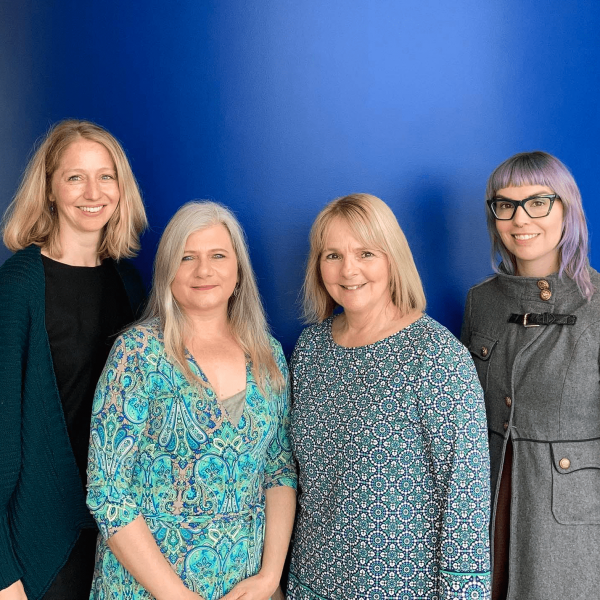Understanding the impact of gender based violence on access to and participation in higher education
A team at the University of Newcastle, Professor Penny Jane Burke, Dr Julia Coffey, Felicity Cocuzzoli and Dr Stephanie Hardacre, have launched a new research agenda to explore the impact of gendered violence on access to and participation in higher education.

The research has commenced with a pilot study that includes a questionnaire to map the different forms of gender-based violence students have experienced throughout their life, and in-depth interviews to explore the impact these experiences have on students’ access to and participation in university study.
Despite the massive scale of gender-based violence in Australia, little attention has been given to its prevalence amongst the student population and how this impacts higher education access and participation. This project aims to address this gap to inform structural, cultural and policy shifts to better support current and future students.
“The research recognises that higher education can be a space of the reproduction of gendered inequalities. However, higher education also offers the potential for transformation at personal, cultural and social levels. It can be a space to challenge or reinforce the cultures and practices that fuel gender-based violence. We anticipate that this research will illuminate a complex picture where university might be experienced as life-changing, or as a place of exclusion or indeed as a site of violence and trauma.” (Penny Jane Burke)
Together with other important advocacy and research, such as the National Student Safety Survey, this project contributes to a call for action against gender-based violence and for post-traumatic opportunities for recovery, transformation and development.
“We have been overwhelmed by the rapid response in people volunteering to be part of the study. We began the study with a hope that participants would gain something from talking about their experiences. Initial interviews so far have confirmed to us the need to provide spaces for conversation and understanding to assist students who have experienced gender-based violence to feel connected and supported. We, and they, hope that bringing their voices forward will enable real social and cultural change.” (Julia Coffey)
A series of art workshops will be offered to participants as part of the research pilot. These workshops offer supportive spaces for connection between participants, as well as to university and community services. This approach draws on the Reclaiming My Place program developed in the Centre of Excellence for Equity in Higher Education in 2018, coordinated by Felicity Cocuzzoli. Reclaim My Place has brought together more than sixty women experiencing significant adversities, such as gender-based violence and homelessness.
"The delivery of on-campus art workshops within the research pilot draws upon the successful outreach delivery of Reclaiming My Place, as well as literature which recognises the contribution made to student retention by the creation of informal student spaces and social support networks. Artmaking connects people at a fundamental level and enhances social and emotional wellbeing. The opportunity to interweave these workshops speaks to the holistic approach of the research pilot." (Felicity Cocuzzoli)
The project team have partnered with community services, including Interrelate, to provide support for participants.
Contact
- Penny Jane Burke
- Email: Research-GBVandHE@newcastle.edu.au
Related news
- Healthy recognition: Dietitian earns prestigious Australian science honour
- Healthy recognition: Dietitian earns prestigious Australian science honour
- Nine Newcastle teams secure $5.4m in ARC Discovery grants to unearth new knowledge
- Heart of the problem is short lifespan of disease prevention programs
- University of Newcastle commemorates graduate excellence
The University of Newcastle acknowledges the traditional custodians of the lands within our footprint areas: Awabakal, Darkinjung, Biripai, Worimi, Wonnarua, and Eora Nations. We also pay respect to the wisdom of our Elders past and present.